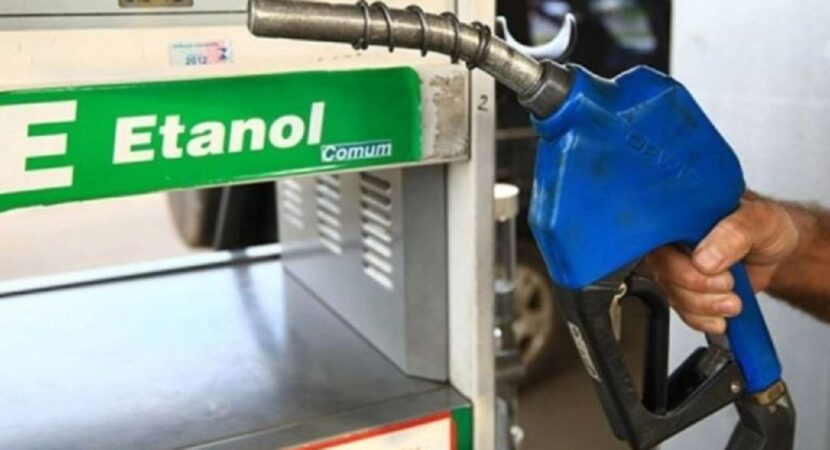
With the aim of avoiding unnecessary costs, the PP/RS senator presents a PL that excludes the need for intermediation by distributors, authorizing the direct sale of ethanol by sugarcane suppliers
This Wednesday (28), Senator Luis Carlos Heinze (PP/RS) presented a PL that authorizes the direct sale of ethanol by sugarcane suppliers, cooperatives and associations of rural producers, excluding the need for intermediation of distributors.
Read also
Limit of 30% of the equivalent volume of sugarcane
The senator's PL will be valid for the supply of vehicles, tractors, agricultural planes, machines of cooperative members, associates and associate members. The proposal limits the purchase of biofuel to 30% of the equivalent of the volume of sugarcane delivered for own consumption. The PL also allows cooperatives and associations to maintain ethanol distributors exclusively to supply their members.
In the PL, the senator also authorizes the formation of cooperatives and associations for the commercialization of ethanol. Heinze offers changes to law 9.478/97, energy policy, which determines decentralization and establishes new criteria for the production and distribution of biofuel. Among the changes is direct sales to distributors, service stations, associations, cooperatives and even to the foreign market.
According to the senator, the intermediation of distributors generates losses for rural producers who fight against the loss of efficiency in their production systems and still generate additional costs. The industrialization of ethanol for own use or direct sale will represent the democratization of the biofuel distribution system in Brazil.
The senator, in justifying the Bill, states that consumption closer to the production site reduces the impacts on the environment, with a decrease in the movement of bulky loads. According to him, we have a way of generating jobs, income and development along with the production of ethanol from sugarcane.
Drivers replace ethanol with CNG
With the increase in fuel prices, drivers see natural vehicle gas (CNG) as a cost-effective fuel, which yields more and is also much cheaper.
According to experts, the new fuel has the capacity to reduce the amount spent by up to 50% with common fuels, such as ethanol, for example. In the state of Pernambuco alone, in the month of May 2021, the number of conversions, per month, for the use of CNG was the highest in 15 years, with more than 1.000 conversions and with the sum of the first six months there were more than 4.700 . Now, the state has more than 70.000 vehicles circulating with vehicular natural gas.
Brazil may be left out of the second wave of ethanol
Ethanol has advanced rapidly and is very important in the fight against global warming, given that it reduces carbon dioxide (CO2) emissions by 70% compared to a fossil fuel.
Although the scenario is favorable for ethanol produced from sugarcane and corn, there are chances that Brazil will be left out of this growth due to the Brazil cost.
According to Luis Carlos Júnior Jorge, president of the National Center of Industries of the Sugar-Energy and Biofuels Sector, the country will be left out due to the Brazil cost and he also states that we are not competitive in terms of the weight of the tax burden, but there is still time for everything to be resolved and for Brazil's base industry to enter the large ethanol market that is yet to come.













Purchased report......
Our governments and our politicians are…
The site is clogged with garbage…
Lol... I agree with you. If they are…
Elbow pain
I want more information
As the company I work for provides…
Nobel Prize Otto Nobel Prize!